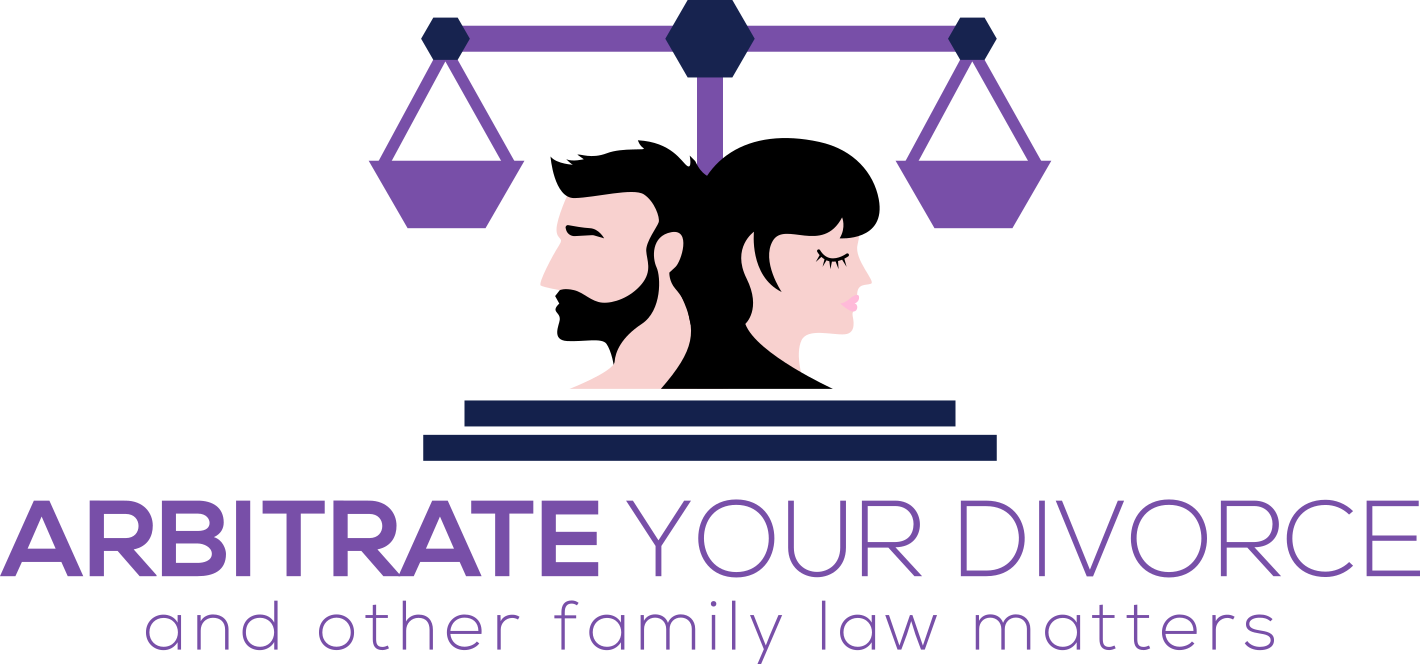Need a decision, but clients don't have the resources or time to wait for a trial?
Consider Family Law Arbitration(website with advantages, FAQs,
and directory of arbitrators)
Proposals - Child Support
These proposals let family law lawyers discuss and vote on what changes they think should be made to the law or court procedures. The results can be viewed and shared with legislators and the Courts. The proposals put forth are written by member lawyers, and do not necessarily reflect the views of this website or its administrators. You can view more proposals or make a proposal yourself.
Proposal: MEP should be less MEPPY
Child Support - Feb 10, 2023
|
 | Stephen Harfield of Queck & Associates (Alberta) | 3 Comments |
From the Payee's side, the administrative structure makes things difficult in a few ways - if the payments are for the first of the month, they may not get them until a few days after rent is due. Also, s. 7 expenses continues to be hard to manage. MEP in my experience also screws up - reads agreements and orders wrong, and clearing up the situation takes forever.
Starting the conversation that we should be looking at ways to refine, or reform, MEP. 75% in favour out of 12 votes
| ||
Proposal: Unless recurring or in substitution of income, withdrawals from registered investments and capital gains should be excluded from guideline income
Child Support - Aug 15, 2021
|
 | Ken Proudman of BARR LLP (Alberta) | 0 Comments |
It's a common scenario: one spouse finances their legal fees by withdrawing their investments, and another spouse finances their legal fees by using income, bank account or loans from family. If they were both payors, the first spouse would have to pay increased child support, while the other would not. Similarly, where the parties sell a rental property or business to address the division of their property, one spouse may have to pay additional child support on their share of the property.
In some contexts such as high income earners, we ask whether each additional dollar would truly be used to increase the children's lifestyle especially if non-recurring, but otherwise there is no general discretion to exclude these amounts.
By limiting it to non-recurring amounts, that would exclude people who are in the business of selling assets (eg someone who flips houses). If someone is relying on their savings instead of working, that could be addressed through imputation. 75% in favour out of 20 votes
| ||
Proposal: Section 7 expenses should be split based on incomes after spousal support is determined, not before
Child Support - Aug 15, 2021
|
 | Ken Proudman of BARR LLP (Alberta) | 1 Comment |
The Revised User's Guide to the Spousal Support Advisory Guidelines states "Section 7 expenses must be taken into account under the with child support formula. This continues to be the single most common and most significant mistake under the SSAG. The failure to consider s. 7 contributions will inevitably lead to the payor paying too much spousal support, possibly way too much if the s. 7 expenses are substantial."
The problem is that we often don't know what those expenses will be, they change over time, and reviewing receipts and agreeing on the annual amount is often not very cost effective to negotiate. Because this is such a common error, there are many payors who are paying around half of their income to the recipient and also paying a significant majority of section 7 expenses, which isn't a fair allocation of income.
This could be easily addressed by calculating the proportionate share of section 7 expenses after spousal support is calculated. So for example if the payor has 90% of the family income prior to support, but only 40% of family income after support (as calculated by ChildView or DivorceMate), then we make their share of section 7 expenses 40%.
The only issues that would need to be addressed would be a) where section 7 expenses are so high that they mean that no or much less spousal support should be paid (eg private school, nanny, where not justified by incomes); and b) it would be more difficult for judges to determine that proportion when they're just throwing out a somewhat-arbitrary amount of spousal support in chambers, so it would be imperfect until Specials, or they could ask counsel to calculate. 100% in favour out of 21 votes
| ||






